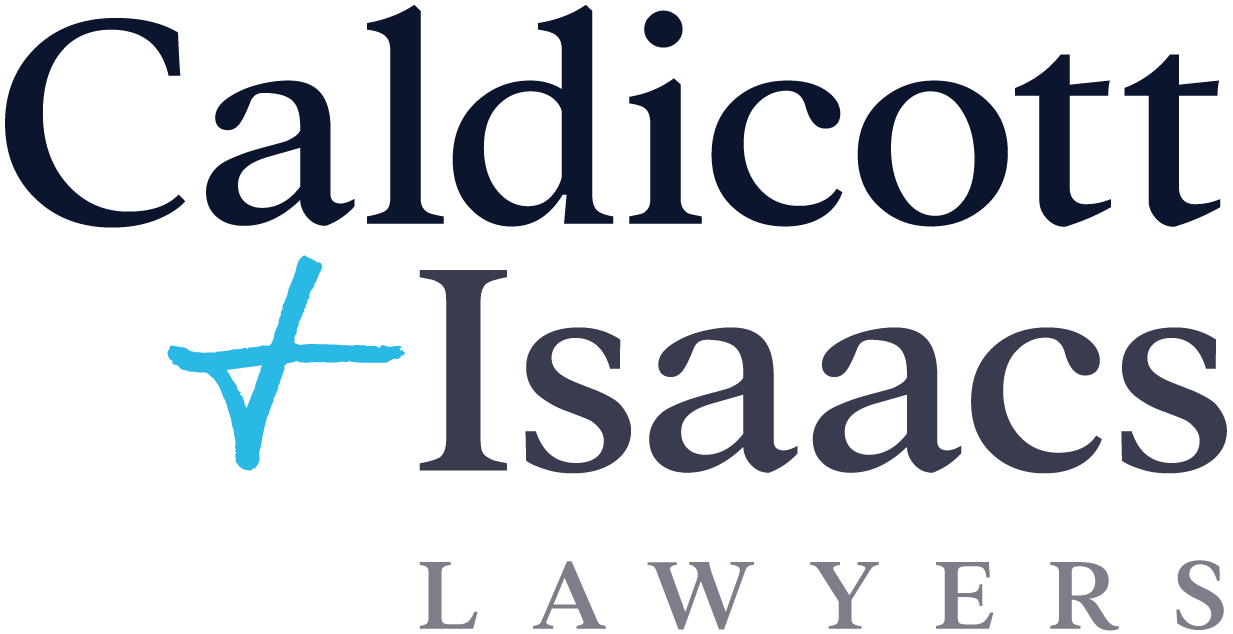You weren’t driving
In some drink driving cases, the wrong person is charged with the offence. There are a variety of ways this can occur, such as an administrative error on the prosecution’s behalf or perhaps the offender was carrying your identification. Regardless, it is a complete defence to a drink driving charge if you can show that you were not driving the vehicle.
You weren’t driving on a road
If you were driving on private property when charged with drink driving or you were driving in an area that is enclosed and not accessible to the public, then you will have a defence to a drink driving charge. However, if the area is open and accessible to the public, then the area may be deemed a road and you will be deemed to be drink driving.
Breath analysis machine was defective
If there is evidence that the results returned by the breath analysis machine were inaccurate, this will be a defence to a drink driving charge. It is worth investigating to determine whether or not the breath analysis machine was defective.
If you obtain a blood test after you have been reported for the offence and it shows a significant discrepancy between the blood alcohol reading in the blood when compared to the breath analysis, this also may give rise to a defence. This is subject to obtaining a calculation as to the elimination rates of alcohol from your system. We know that the elimination rate varies as between individuals and different occasions for an individual.
Further, for a charge of drink driving, if the breath analysis reading is very close to the limits imposed by legislation (namely just over 0.05, just over 0.08 or just over 0.15), then it may be worthwhile speaking to the prosecution with a view to having the alcohol level lowered to a lesser category. This is possible because there is a plus or minus error in the analysis undertaken by the breath analysis unit.
In other words, we may be able to have the drink driving charge lowered by making representation to the prosecution that the charges should be less.
Honest and reasonable mistake of fact (Proudman v Dayman defence)
If you genuinely believed that you were not under the influence of alcohol, and it was reasonable for you to hold this belief (e.g. alcohol had been served to you without your knowledge), then you may have a defence to a drink driving charge.
You will need to have evidence to support a claim that you did not know you were given alcohol. This may involve a trial, however, if there is sufficient proof, you may be able to convince the prosecution to withdraw the drink driving charge altogether.
You consume alcohol between the time of driving and the test on the breath analyser
Drink driving legislation is designed to punish and prevent people driving while intoxicated. Therefore, if you consume alcohol immediately after a crash, but not at the scene and just prior to a breath analysis or blood test, you may have a defence to a drink driving charge.
Alcohol should not be consumed at the scene of the crash as sometimes people use this to mask the fact that they had been drinking alcohol prior to the crash.
You will need to be able to demonstrate to police that you had been drinking after the crash and the amount of alcohol you consumed.
Breath analysis conducted more than two hours after driving
There is a two hour period, commencing from when the alleged drink driving offence occurred, in which a breath analysis must be taken. In the event that you are tested more than two hours after driving your vehicle, the results of the breath analysis are unable to be used to for the purpose of proving a case against you.
Where there has been a crash, it may be important to ascertain the actual time of the crash. You could do this by obtaining copies of police communications transmissions or telephone records of eyewitnesses who made a call at the relevant time. These documents may become very important in proving that the period of time was more than two hours, giving rise to a defence.
Police did not comply with their legal obligations
The Road Traffic Act 1961 (SA) and the Road Traffic (Miscellaneous) Regulations 2014 outline a number of procedural conditions that the police must comply with in relation to breath and blood analysis. If the police fail to comply with any of these requirements you may have a defence to a drink driving charge.
Examples include:
- where the police have failed to alter the time on the breath analysis unit when daylight saving occurs, causing the printout to register that the breath analysis was conducted at a time prior to when it actually occurred; and
- if the police do not provide you with a written document advising you of your rights to a blood test or talk you out of having one.
Further, for a drink driving charge, police must conduct two breath analysis within a 10 minute period, no less than three minutes apart. If the police fail to do this, they have breached the regulations and you will not be guilty of a drink driving charge.
Police do not have the appropriate forms
For a charge of drink driving, the police must provide you with documentation to prove the following:
- that the breath analysis machine was in good, working condition;
- that they complied with the requirements to provide notices to the person charged; and
- that they have completed and signed off on the documentation proving the offence.
Omission of any of these will be a defence to a drink driving charge.

